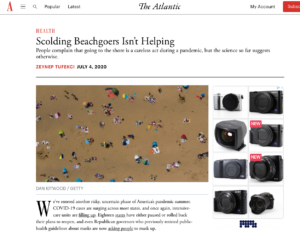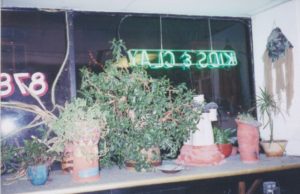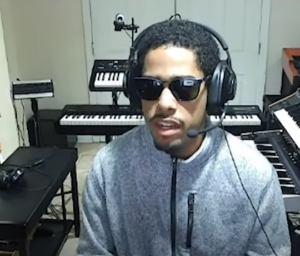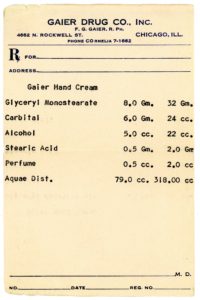Mondays with Mike: Lessons learned (or not)
March 8, 2021 • 5 Comments • Posted in Mike Knezovich, Mondays with Mike, politicsI have a friend who grew up on Long Island whose mother lived in a nursing home in New York. Lived, as in past tense. She died of COVID last year.
Now, she lived a very, very long life—she made it to 99 (she would’ve been 100 last week). Still, my friend was suspicious, skeptical, and angry with Andrew Cuomo. He wondered if perhaps COVID didn’t have to end his mother’s life.
The disease is so diabolical. When I got it about a year ago, I didn’t know who/where for sure I got it from, and just as important who I might have spread it to. But we do know now that Cuomo’s policy of moving COVID patients to nursing homes to make room in hospitals wasn’t such a good idea. And we know, from efforts to suppress counts by his staff, that they knew it wasn’t a good idea a long while ago.
Combined with the other stuff that’s floating around about him, I basically see in Cuomo much of what I despised about what’s-his-name. (Though, that’s nearly infinite.) It’s only right to call him out. I must confess, in real time, I was suspicious of his fireside chat deals. Look, we weren’t getting it from the President, and governors had to be the calming influences. But he (like Giuliani post 9/11) just seemed to like the limelight a little too much.
I hope he resigns.
Apart from that, it’s time to take stock of the past year in terms of different responses, if only to narrow down the practices that seemed effective. And doing that requires an open mind. As in, what if some states that opened more things earlier fared better than predicted? What did those states do? Might come in handy someday, but let’s hope not in a long time.
Take Florida, for example. Those shots of crowded beaches were sensational, but, they were outdoors, misleading, and, it’s not the whole story. I found this Wall Street Journal opinion piece terribly interesting. Partisanship being what it is these days, the author frames it as who gets the last laugh: Governor DiSantis of Florida or Cuomo of New York? (I’d rather not laugh with either, but you get the point.)
That part’s a little petty but the numbers quoted do not lie. (It’s behind a paywall, so sorry if you don’t subscribe, but here are some highlights from the piece titled “Vindication for DiSantis”:
The Sunshine State appears to have weathered the pandemic better than others like New York and California, which stayed locked down harder and longer.
Mortality data bear out this conclusion. The Covid death risk increases enormously with each decade of age. More than 80% of Covid deaths in the U.S. have occurred among seniors over 65. They make up a larger share of Florida’s population than any other state except Maine. Based on demographics, Florida’s per-capita Covid death rate would be expected to be one of the highest in the country.
Nope. Florida’s death rate is in the middle of the pack and only slightly higher than in California, which has a much younger population. Florida’s death rate among seniors is about 20% lower than California’s and 50% lower than New York’s, based on Centers for Disease Control and Prevention data.
That was partly because Florida took a targeted approach early on to protecting the elderly:
The (DiSantis) administration halted outside visitations to nursing homes and bolstered their stockpile of personal protective equipment. Florida’s government also set up 23 Covid-dedicated nursing centers for elderly patients discharged from hospitals. Nursing-home residents who tested positive and couldn’t be isolated in their facilities were sent to these Covid-only wards.
Later surges led to new lockdowns in states like California and New York, but Florida didn’t lock back down:
The fall and winter lockdowns don’t appear to have made any difference in the virus spread. Between Nov. 1 and Feb. 28, there were 5.8 new cases per 100 people in New York, 6.4 in California, and only 5 in Florida, where businesses could stay open at full capacity. But the economic impact of the lockdowns has been enormous.
Employment declined by 4.6% in Florida in 2020, compared with 8% in California and 10.4% in New York. Leisure and hospitality jobs fell 15% in Florida, vs. 30% in California and 39% in New York.
Now, the author cherry picks a little: There are states that did do lockdowns doing better than Florida. But it’s worth looking closely at what has worked in any state.
You can disagree, and you can review the data yourself and perhaps conclude otherwise, but Florida has made measured, and yes, data-driven tradeoffs. (Unlike Texas.)
If we find ourselves faced with circumstances like this again, we’ll need all the effectiveness we can get, no matter what we think about who or where the ideas come from.





